
25,000 nomadic households to access solar electricity by Mar.2021
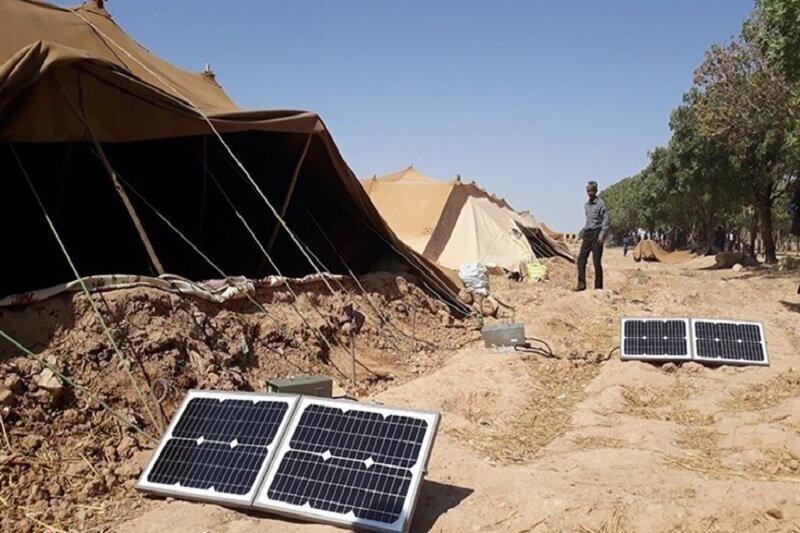
This year, 8,000 nomadic households will be supplied with solar panels and next year 17,000 households across the country will receive solar panels from the Energy Ministry,” Karamali Ghandali said.
According to the official, the program was supposed to be implemented four years ago, however, due to some standards-related issues, it was postponed until the current year.
Back in October 2019, the energy ministry announced the implementation of a program for supplying the country’s nomadic households with mobile small-scale power stations.
According to the program’s Executive Director Ali Chehel-Amirani, the plan is set to be completed by the Iranian calendar year of 1400 (starts in March 2021), the portal of the Energy Ministry (known as Paven) reported.
Also in November, Iran’s Planning and Budget Organization (PBO) inked a memorandum of understanding with Imam Khomeini Relief Foundation and the Organization for Mobilization of the Oppressed for construction of 20,000 photovoltaic power stations (known as PV systems) across the country.
According to the Deputy Head of PBO, Hamid Pour-Mohammad, the project was part of a bigger program in which at the first phase 20,000 PV systems would be constructed for rural and nomadic households and in the next phases the number will be raised to 100,000 stations.
Based on the Energy Ministry data, renewables, currently, account for nearly seven percent of the country’s total electricity generation capacity.
Of the country’s total renewable capacity, 44 percent is the share of solar power plants while the share of wind farms stands at 40 percent and small-scalded hydropower plants generate 13 percent of the total renewable capacity.
Overall, in the next five years, Iran is aiming for a 5,000 MW increase in renewable capacity to meet growing domestic demand and expand its presence in the regional electricity market.


Uzbek gold miner said to eye $20 billion value in dual listing

Peabody–Anglo $3.8B coal deal on the brink after mine fire

Minera Alamos buys Equinox’s Nevada assets for $115M
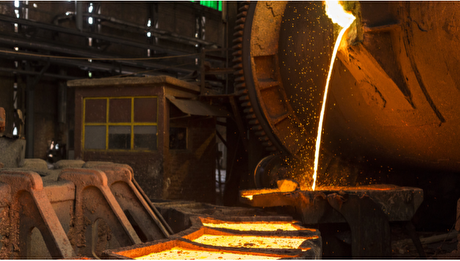
Adani’s new copper smelter in India applies to become LME-listed brand
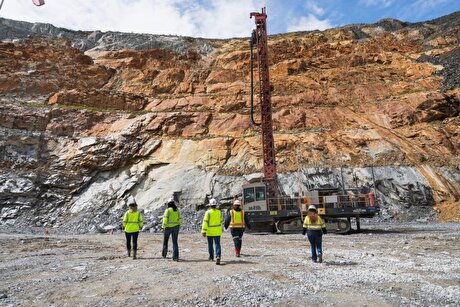
OceanaGold hits new high on strong Q2 results

Cochilco maintains copper price forecast for 2025 and 2026

Trump says gold imports won’t be tariffed in reprieve for market

Discovery Silver hits new high on first quarterly results as producer

De Beers strikes first kimberlite field in 30 years
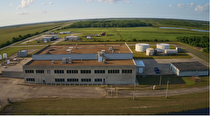
Flash Metals USA advances critical minerals recovery plant in Texas

Glencore trader who led ill-fated battery recycling push to exit

US hikes steel, aluminum tariffs on imported wind turbines, cranes, railcars
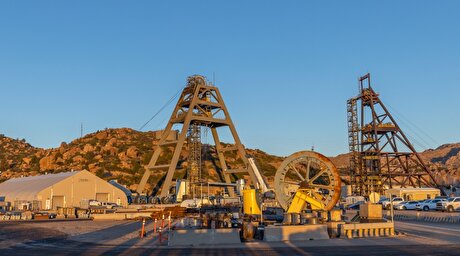
US appeals court temporarily blocks land transfer for Resolution Copper

Glencore seeks $13 billion in incentives for Argentina copper projects

Iron ore price falls with BHP results, soft China demand in focus

UBS lifts 2026 gold forecasts on US macro risks
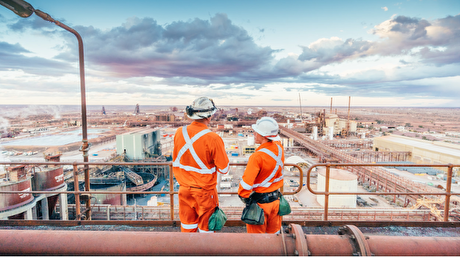
BHP shares near priciest valuation since 2021 on shift to miners

African Rainbow boosts Surge Copper stake to 19.9%
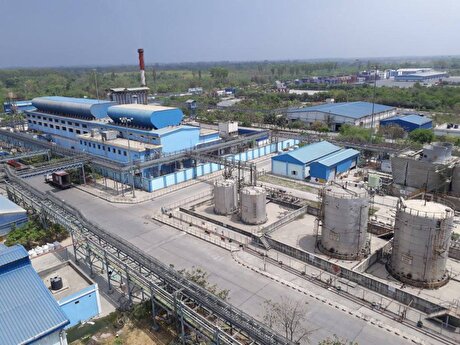
Hindustan Zinc to invest $438 million to build reprocessing plant

Flash Metals USA advances critical minerals recovery plant in Texas

Glencore trader who led ill-fated battery recycling push to exit

US hikes steel, aluminum tariffs on imported wind turbines, cranes, railcars

US appeals court temporarily blocks land transfer for Resolution Copper

Glencore seeks $13 billion in incentives for Argentina copper projects

Iron ore price falls with BHP results, soft China demand in focus

UBS lifts 2026 gold forecasts on US macro risks

BHP shares near priciest valuation since 2021 on shift to miners

African Rainbow boosts Surge Copper stake to 19.9%














